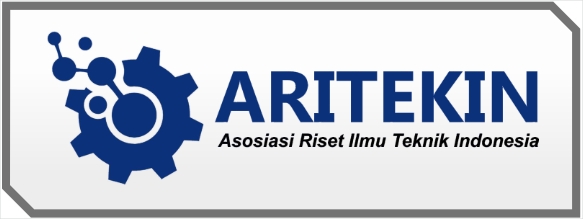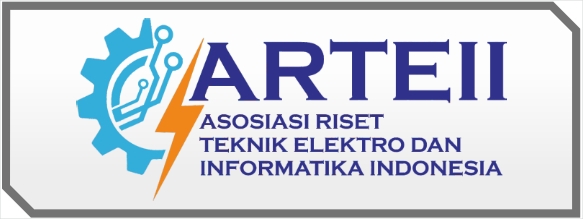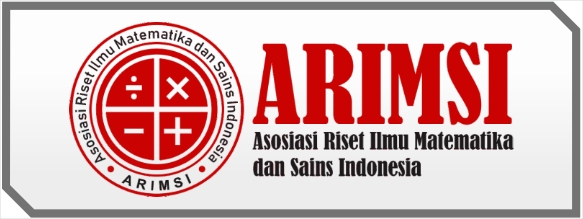Analisis Tingkat Partisipasi Masyarakat Dalam Aktivitas Olahraga Saat Car Free Day Di Kabupaten Gresik
DOI:
https://doi.org/10.59581/jmk-widyakarya.v2i4.3859Keywords:
Participation Level, Sports Activities, Car Free Day, Gresik CityAbstract
The phenomenon of rapidly developing life is occurring swiftly in human life. This rapid development certainly poses challenges for human life. Car Free Day is one of the activities designed by the government to address these challenges. The success of this program can be seen from the level of public participation. Therefore, this study aims to analyze the level of community participation in sports activities during Car Free Day in Gresik Regency. Additionally, this study identifies that public participation in Car Free Day is also influenced by several factors, such as the sports activities available during Car Free Day, the number of interesting attractions at Car Free Day, the location of the Car Free Day event, the weather, the facilities provided, and the safety during the event. The method used in this research is a survey method with a descriptive quantitative approach. Data collection was carried out through questionnaires distributed to Car Free Day participants and direct observation at the event location. The research results show that the level of public participation in sports activities during Car Free Day in Gresik Regency is relatively high, with 46.7% rarely participating in Car Free Day activities. Most respondents who participate in Car Free Day activities are primarily motivated by the desire to exercise. The most common exercise among respondents is walking. The majority of respondents are male. Furthermore, most respondents are in the 15-25 age group, which is the student age group. Based on this, the researchers recommend increasing public participation in Car Free Day in Gresik Regency. These recommendations include adding and improving the quality of sports facilities, adding more diverse and interesting programs, and promoting the benefits of exercise. Thus, it is hoped that Car Free Day can become a means to encourage the community to adopt a healthy lifestyle through exercise.
References
Anon. (2022). World Health Organization. Retrieved November 1, 2023, from www.who.int
Anon. (n.d.). Dinas Lingkungan Hidup Kota Semarang. Retrieved November 1, 2023, from dlh.semarangkota.go.id
Arikunto, S. (2006). Prosedur penelitian. Jakarta: PT Rineka Cipta.
Astutik, D. S. I. (2011). Desentralisasi dan partisipasi masyarakat dalam membayar pendidikan. Yogyakarta: Perpustakaan Pelajar.
Birtanto, R. (1984). Urbanisasi dan permasalahannya. Jakarta: Ghalia Indonesia.
Effendi, S., & Tukiran. (2012). Metode penelitian survei (Ed. Rev). Jakarta: LP3ES.
Ghozali, I. (2011). Aplikasi analisis multivariate dengan program IBM SPSS 19. Semarang: Badan Penerbit Universitas Diponegoro.
Hadi, S. (1991). Statistik. Yogyakarta: ANDI Yogyakarta.
Imron Rosyadi, I. P. W. (2021). Penegakan hukum lingkungan terhadap pencemaran udara akibat aktivitas industri di Kabupaten Gresik. Al Qanun: Jurnal Pemikiran dan Pembaharuan Hukum Islam, 24, 279.
Indricha, M. (2019). Survei minat olahraga pengunjung Car Free Day Boulevard Makassar. Makassar: Universitas Negeri Makassar.
Lukman, B., et al. (2017). Perkembangan teknologi pada masyarakat desa Mantang RT 06 Kabupaten Bintan. Jurnal Masyarakat Maritim, 1(2).
Proklamalatu, M. A., & Hidayati, N. (2021). Public perspective toward Car-Free Day program as a public open space: A case study in Klaten, Central Java. Jurnal Perencanaan Pembangunan, V(3), 396-407.
Ramadhan, Y. S. (2020). Analisis tingkat partisipasi olahraga dan kebugaran jasmani masyarakat Kabupaten Pemalang ditinjau dari Sport Development Index. Semarang: Universitas Negeri Semarang.
Rosenanda, I., & Ika, M. (2021). Potrait of the sedentary lifestyle among students from public health school. Journal of Epidemiology, 1(1), 65-72.
Sanif, E. (2016). Animo masyarakat kota Cirebon terhadap kegiatan Car Free Day untuk meningkatkan kebugaran jasmani. Cirebon: Universitas Swadaya Gunung Jati Cirebon.
Setyosari, P. (2010). Metode penelitian penelitian dan pengembangan. Jakarta: Kencana.
Siyoto, S., & Sodik, A. (2015). Dasar metodologi penelitian. Yogyakarta: Literasi Media Publishing.
Sugiyono. (2019). Metode penelitian kuantitatif kualitatif dan R&D. Bandung: Alfabeta.
Sukandarrumidi. (2006). Metodologi penelitian. Yogyakarta: Gadjah Mada University Press.
Downloads
Published
How to Cite
Issue
Section
License
Copyright (c) 2024 Jurnal Mahasiswa Kreatif

This work is licensed under a Creative Commons Attribution-ShareAlike 4.0 International License.
















